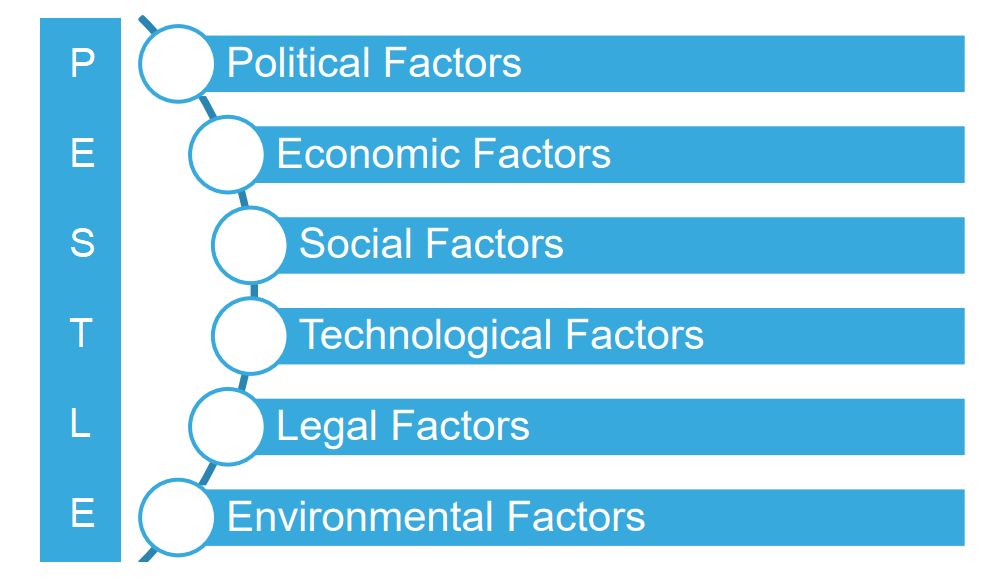The legal environment of a country is framed by its government and comprises of business laws that every business operating in that country must adhere to.
Legal Environment (Domestic or Foreign Legal Factors) stems from the political stance and cultural attitude towards business in the domestic and foreign market in which the company operates. International law are often relevant for global companies as they refer to rules and principles that nations use to bind themselves.
Its important for managers to understand how different legal systems affect the conduct of business. to understand trends in the evolution and diffusion of legal systems, to examine the major legal issues facing international business companies, to understand the issues related to intellectual property and the bases of concern and controversy.
A Legal system refers to the mechanism for creating, interpreting, and enforcing the laws in a specified jurisdiction. In general, differences in the structure of law influence the attractiveness of a particular country as an investment destination.
Types of Legal Systems
- Common law (based on precedent)
- Civil law (based upon a set of laws that comprise a code)
- Theocratic law (based upon religious precepts)
Customary law anchors itself in the wisdom of daily experience or important traditions. A mixed legal system emerges when two or more legal systems are used within a single country.
Legal Issues in International Business
Businesses have Operational concerns related to ease of entry and exit, hiring and firing employees, contract enforcement. They also have Strategic concerns such as product safety and liability, marketplace behavior, product origin, legal jurisdiction, arbitration.
They also are concerned about Intellectual property rights [IPRs] which relates to ownership rights to intangible assets [copyrights, patents, trademarks, etc.].
In general, less developed countries provide less protection for IPRs than do industrialized nations. Those countries with a more individualistic orientation view IPRs as intrinsically legitimate, but those with a more collectivist outlook extol the virtues of shared ownership.
To sum it up, international business is affected by laws and regulations enacted both by countries and by international organizations. Laws may be at cross-purposes; some may diminish the ability of firms to compete with foreign competitors.
Related: PESTLE analysis explained
BATheories.com is managed by a group of educators from Mumbai. We also manage the website StudyMumbai.com. Our panel includes experienced professionals and lecturers with a background in management. BATheories is where we talk about the various business theories and models for BA (Business Administration) students.
